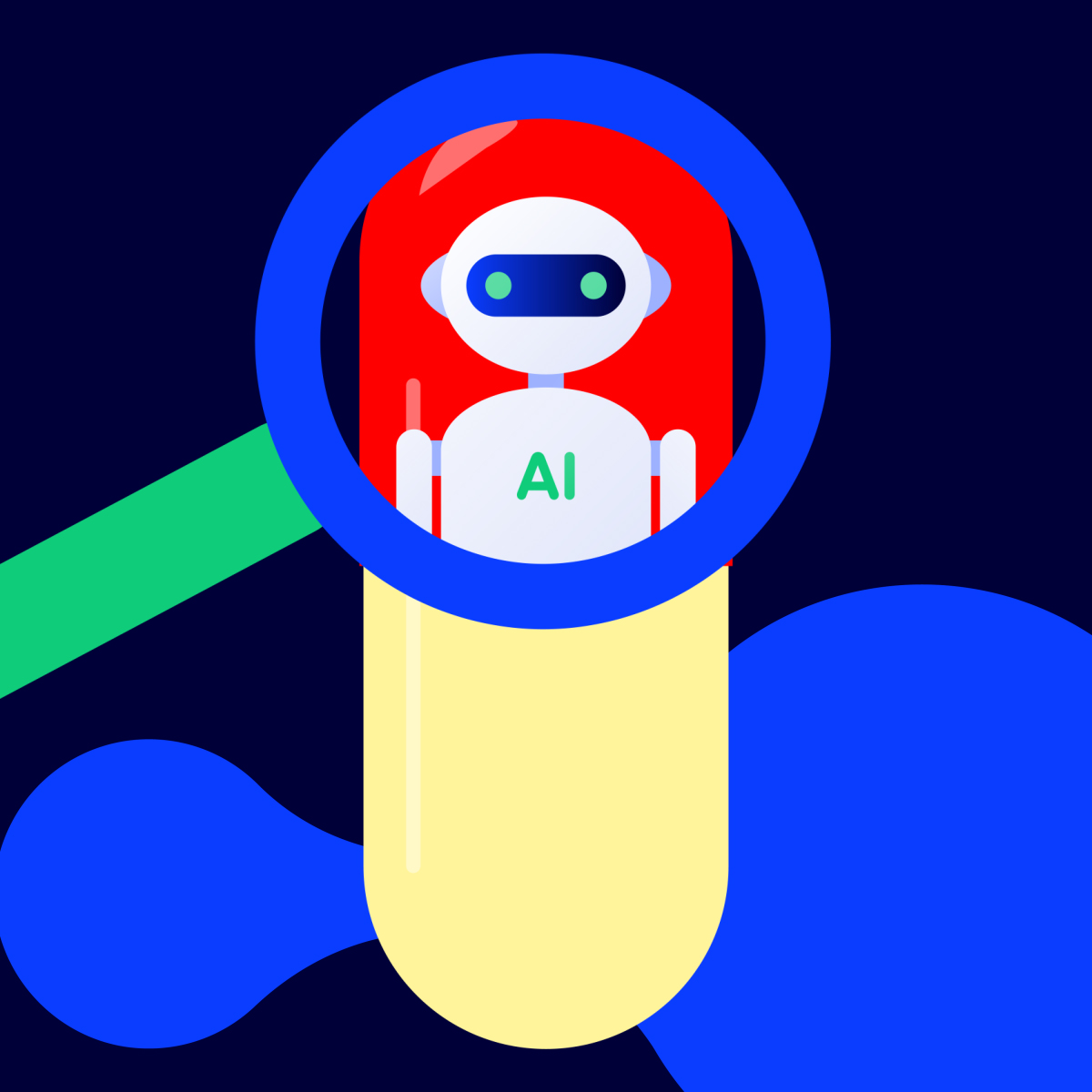
Introduction
Drug discovery is a complex and time-consuming process that involves identifying suitable targets for therapeutic intervention. However, recent advancements in artificial intelligence (AI), particularly the integration of GPT (Generative Pre-trained Transformer) technology, have revolutionized target identification in drug discovery. GPT technology, with its ability to analyze vast amounts of data and generate meaningful insights, is playing a pivotal role in accelerating the identification of potential drug targets. This article explores the transformative impact of GPT technology in drug discovery and its potential to revolutionize the field.
1. Harnessing the Power of GPT in Target Identification
GPT technology utilizes advanced natural language processing and machine learning techniques to analyze a wide range of biomedical data, including scientific literature, genomic information, and molecular databases. By training GPT models on vast datasets, researchers can uncover hidden relationships, identify disease-associated genes, and prioritize potential drug targets. This enables a more comprehensive and data-driven approach to target identification.
2. Expediting Target Identification Process
Traditional target identification methods involve time-consuming experiments and trial-and-error approaches. GPT technology significantly expedites the process by rapidly analyzing and extracting information from diverse data sources. Researchers can leverage GPT models to screen and rank potential targets based on various criteria, such as target specificity, druggability, and biological relevance. This accelerates the target identification process, allowing researchers to focus their efforts on the most promising candidates.
3. Facilitating Multi-Modal Data Integration
GPT technology excels at integrating and understanding different types of data, including textual information, molecular structures, and biological pathways. By combining information from various modalities, such as gene expression data, protein-protein interactions, and drug-disease relationships, GPT models can provide a holistic view of the complex biological landscape. This facilitates the identification of novel targets and potential therapeutic interventions that might have been overlooked using traditional approaches.
4. Overcoming Challenges and Enhancing Success Rates
Drug discovery is a challenging and high-risk endeavor, with a high attrition rate in the development pipeline. GPT technology offers the potential to mitigate these challenges by providing researchers with more accurate predictions and insights during target identification. By leveraging the power of GPT models, researchers can prioritize targets that are more likely to yield successful outcomes, increasing the efficiency and success rates of drug discovery programs.
5. Future Perspectives and Collaborative Opportunities
As GPT technology continues to evolve, there are immense opportunities for collaboration between AI experts, biologists, and pharmaceutical companies. By combining expertise in AI and drug discovery, researchers can further refine GPT models, improve their interpretability, and develop novel algorithms tailored specifically for target identification. Collaborative efforts will drive innovation, foster knowledge exchange, and ultimately lead to the development of more effective and targeted therapies.
Conclusion
GPT technology is revolutionizing target identification in drug discovery, providing researchers with powerful tools to analyze vast amounts of data and uncover novel therapeutic targets. By accelerating the target identification process, facilitating multi-modal data integration, and enhancing success rates, GPT technology is transforming the landscape of drug discovery. As advancements in AI continue, the integration of GPT in target identification holds tremendous promise for the development of innovative and precise therapies, ultimately improving patient outcomes.
